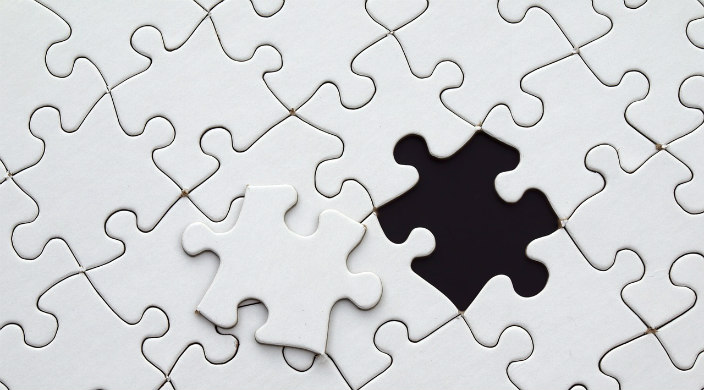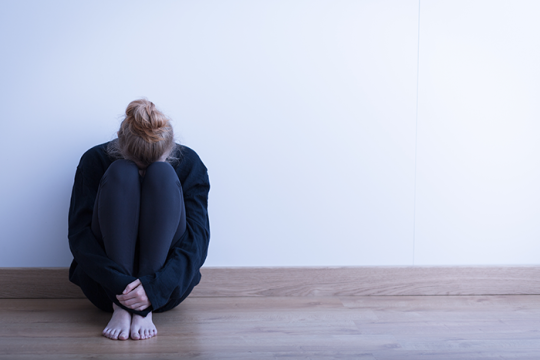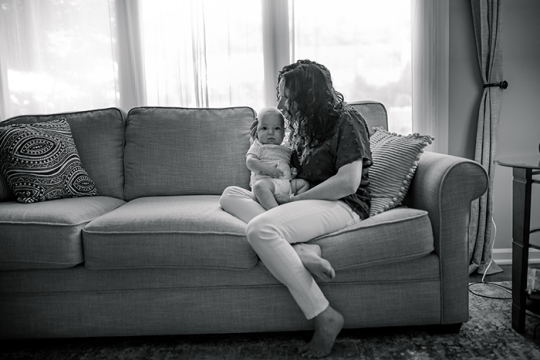
I was 20 when I learned that my high school boyfriend – my first love – had committed suicide. His death shattered me, both mentally and emotionally – but in retrospect, it also saved my life. You see, in the months leading up to his suicide, I had been planning my own.
As soon as he took his own life, though, I knew I could never do the same. The carnage he left behind – the emotional wreckage of those of us who loved him – was too unimaginably painful. After experiencing such a loss firsthand, I knew I could never do the same to my own friends and family, no matter how deep my mental anguish.
Still, following his death, I fell into a personal tailspin that took years to recover from (if you ever really “recover” from such a loss). I became a cutter, I drank too much, I alienated my friends, and I acted like an all-around terrible person. Oblivious to the correlation between my untreated mental state and my less-than-savory actions, I never thought to seek help; I figured this was just my personality, and perhaps it was simply a bad one.
I feel immensely fortunate that with the help of a supportive community, a kind psychologist, and one little pill a day, I was able to make my way back to health and happiness.
These days, in so many Jewish circles, it’s not taboo to see a therapist. It’s become a trope, almost, the idea of the anxiety-ridden Jew who word-vomits his problems from the comfort of a big, comfy couch. From Pacific Standard’s 2012 article “Why Jews Make Good Therapy Patients”:
[W]hen it comes to getting professional treatment for anxiety, depression, or other mental-health disorders, the biggest divide may not be between blacks and whites, but between Jews and everyone else.
A study of elderly New Yorkers, just published in the Journal of Religion and Health finds “Jews had greater confidence in a therapist’s ability to help, were more tolerant of stigma, and more open to sharing their feelings and concerns” than either blacks or non-Jewish whites.
In my own Jewish family, though, the idea of therapy wasn’t so readily welcomed. My grandfather, who I suspect suffered from depression, never, to my knowledge, discussed his mental health with a medical professional. His wife, my lively and headstrong grandmother, believed therapy was unnecessary and mental health issues were simply a matter of emotional fortitude; she saw depression more as a bout of temporary sadness than a medical concern. We never discussed my issues, but perhaps I internalized her views and knew better than to try.
It wasn’t until I began working in the Jewish community that I began to feel comfortable admitting – first to myself and eventually to others – that I’d long struggled with mental health. For so long, I’d tried to pull myself out of depression on my own, channeling my grandmother’s “suck it up” attitude and putting on a happy face – which, of course, never worked. When I learned that so many of my new colleagues saw therapists, unabashedly and without shame, I felt comfortable with the idea of taking steps to address my own mental health for the first time.
First, I saw my doctor, and as he wrote me a prescription for an antidepressant, I cried. Society had conditioned me to feel like a failure for doing so – but to my surprise, my mother, who picked me up from the doctor’s office, confided that she, too, was no stranger to antidepressants. “There’s nothing embarrassing about taking control of your health,” she told me, and though I didn’t quite believe her yet, it was a start.
I also cried during my first session with my new therapist, recommended by a friend. Did seeking help mean admitting further failure and weakness? But for more than a year, I met with my therapist every single week – and in time, I began to feel more positive and empowered, with a better understanding of myself. I started to recognize my standard reactions, my mental pathways, my anxiety points… and with a better understanding of them, I felt more equipped to address them and better myself.
These days, I live a happy, stable life, full of love, friendships, and other positive relationships. It has been many years since my ex-boyfriend died, and it has been almost as many since I considered taking my own life. I continue to manage my mental health issues and remain cognizant that they could reappear at any time, but I know that if they do, I’ll be prepared to face them – and I won’t be ashamed.
Perhaps most importantly of all, I’ve become a vocal advocate for mental health issues, starting with the (not always so) simple action of talking about them. How can we ever expect to get well if we suffer in silence, too afraid to seek help for what ails us?
If you're struggling with thoughts of suicide, please contact the National Suicide Prevention Lifeline at 1-800-273-8255, available 24 hours a day, every day.
Related Posts

The Holy Act of Caring for our Bodies: The Importance of Breast Cancer Testing Early and Often

Navigating Infertility: Resources, Reflections, and Rituals


